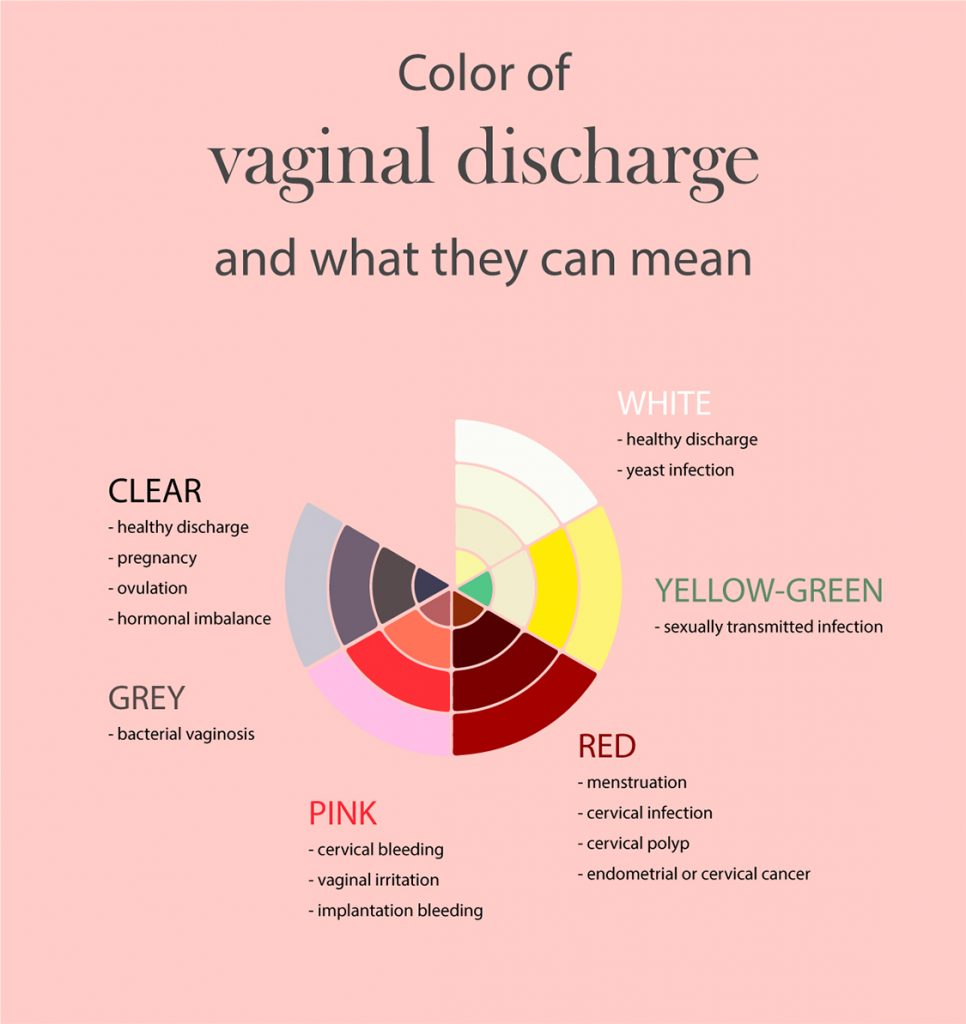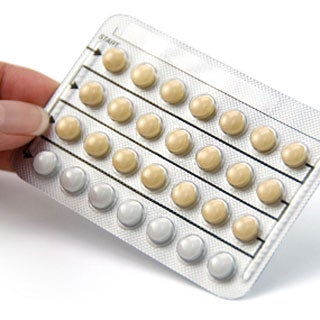

" can smell like the owner, which can be impacted by hygiene, diet, etcetera. "Vaginas taste like vaginas," Jones said simply. How a doctor answered, "What does a vagina taste like?"Īngela Jones, M.D., an OB-GYN at Healthy Woman in New Jersey, laughed when asked how a healthy vagina should taste. What would a doctor have to say about the flavor of a healthy vagina? I had to find out. "Paradise," was the succinct response of Saúl, a 60-year-old man in Massachusetts. "From sweet to lemon acid-like," said Duck, a 42-year-old man in Croatia. "Salty honey," said a 33-year-old woman from San Francisco. "Metaphysically, it ranges between instant regret and eternal gratitude." "Literally? A a mix of piss/sweat/funk with a hint of soap if she's considerate or optimistic," said Greg, a 40-something man in Austin, Texas. How social media users answered, 'What does a vagina taste like?" As you might imagine, there was a good variety of reviews of female genital flavor. Recognizing the limitations of my sample size, however, I polled my social media followers to learn what other vaginas taste like.
FEMALE FLUID RELEASE TASTE FULL
Processed foods, trans fats, and simple carbohydrates tend to sap our energy and leave us feeling full and bloated.Editor's note: Some of the sources for this article requested their full names and locations not be used. But generally eating a balanced diet rich in fruit and vegetables in a wide range of colors with lean protein and complex carbohydrates is your best way to go. There is no magic food that will heal you of all vaginal woes or make you smell like roses and watermelon. But there is no clear data that this strategy helps with preventing yeast or other vaginal infections. There is some data that eating fermented foods especially when taking antibiotics can help prevent antibiotic related diarrhea – a condition that happens when some of our good bacteria are killed off. These foods do increase levels of lactobacillus but it’s the strains that are found in the gut, not the vagina. But do they help with vaginal bacteria? Unfortunately, not really. Yogurt, kombucha and sauerkraut have long been touted to help improve gut bacteria. But again, eating high amounts of sugar or carbohydrates doesn’t impact this. This sugar is food for the lactobacilli bacteria that dominate the vagina and part of what keeps our vagina healthy. However, this sugar is produced by epithelial cells in the vagina in response to estrogen. In fact, vaginal fluid is about 3% glycogen. Vaginas do have glycogen (a type of storage sugar) and glucose in them. In fact, studies have shown that the amount of glucose (a type of sugar) in the vagina doesn’t change after consuming high sugar meals – at all. And while it is healthy to limit sugar in the diet (particularly processed sugar) there is actually no data that this makes a difference in terms of frequency of yeast infections. Chronic yeast can be quite miserable, so it makes sense that women are willing to try all kinds of diet changes to help.

SUGARĪ common thought for women with chronic yeast infections is that a high sugar/carbohydrate diet makes this worse. But, because sweat can be impacted by these foods and we do sweat in our groin around our vulva, it can give the illusion that our vaginal odor has changed as well. Vaginal secretions don’t take on smell the same way urine (a waste byproduct from your kidneys) does. The vagina itself doesn’t actually smell after eating foods like this.

So it makes sense that your vagina would take on some of these odors as well. Or the classic example of how your urine smells after eating asparagus. Most of us have had the experience of eating a garlic filled meal and still smelling like garlic the next day. Pungent foods like garlic, asparagus, and curry are all metabolized in our system and can come out in sweat, urine, or breastmilk. They are impacted by hormonal shifts and blood which is why you may feel the odor of your vagina changes at different times in your cycle. These bacteria are not impacted by fruit in our diet. Lactobacilli produce lactic acid and hydrogen peroxide which protect the vagina from harmful bacteria and some viruses. The vagina smells the way it does due to byproducts from lactobacilli – the dominant bacteria of the vagina. Not pineapple, not watermelon, not oranges, not cherries. There is no data whatsoever that any amount of fruit will change how your vagina tastes or smells. What is true and what is myth? Read on to find out… FRUIT For example, “eat pineapple if you want your vagina to taste sweeter”. There are all kinds of ideas out there about various foods changing the smell or taste of the vagina.


 0 kommentar(er)
0 kommentar(er)
